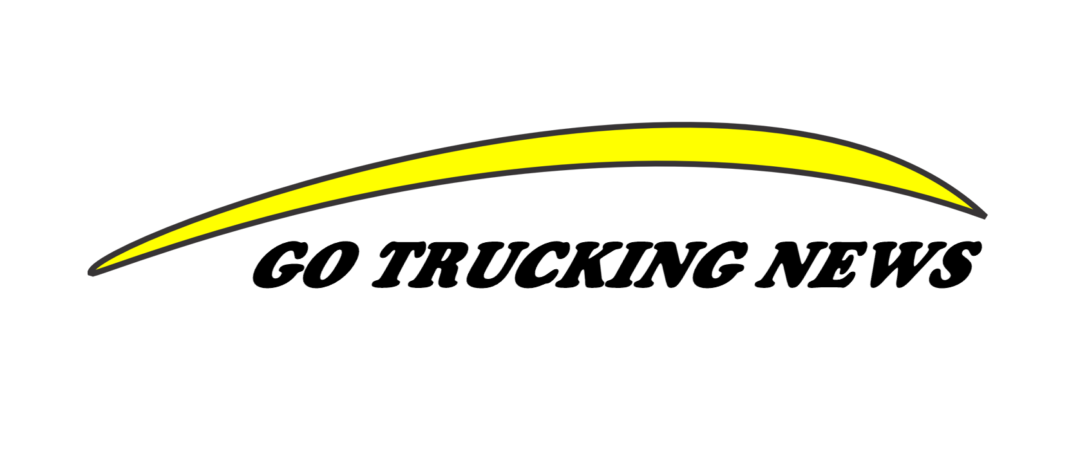CHARLESTON COUNTY, S.C. (WCSC) – Voters made their voices heard Tuesday night and said “no” to the Charleston County sales tax referendum in crushing opposition to the tax that was planned to fund transportation, drainage and greenbelt projects.
The highly discussed half-cent sales tax was intended to fund a large portion of the Mark Clark Extension project, which has been proposed to voters and communities for over a decade.
The ballot question asked for the renewal of the half-cent sales tax. The tax meant residents would fund $5.4 billion over 25 years. The plan would start in 2027 to support 22 large-scale transportation projects, drainage and greenbelt projects.
The ordinance planned for $4.9 billion toward transportation projects with $2.3 billion of that money focusing on the Mark Clark extension. The project would affect West Ashley, James Island and Johns Island areas if continued.
Breaking down the votes from Monday night, 61% of voters said no to the transportation sales tax and use referendum with only 39% of voters choosing yes.
“I have been here for so long and the growth has been exponential and the infrastructure is not supporting the rapid growth. It needs to be done,” Johns Island resident, Chris Hall, who voted yes, said.
This year’s results are very different from the 2016 election on a similar half-cent tax where Charleston County approved the referendum on a close vote with nearly 52% saying yes and 48% of voters saying no.
But some members of the community were upset after the 2016 referendum passed with Charleston County officials removing the Mark Clark Extension project from a list on the ballot but later committed funding to the project without the voter’s approval.
“When this referendum came around, folks were really upset that they couldn’t get a clear vote; there wasn’t a clear message of what would be paid for in this referendum,” Coastal Conservation League Executive Director Faith River James said.
“We were able to pull together a coalition of folks who were very upset about the last time, who were wondering where those traffic improvements were that they had approved in 2016 and they were feeling frustrated that those things hadn’t happened,” she added.
Voters throughout Charleston County reacted Wednesday with mixed emotions.
The majority of those asked voted against the referendum and were happy to see that it will not be going through, but others are disappointed and said something needs to be done soon to combat traffic throughout the Lowcountry.
“The margin of victory was very encouraging. I think voters sent a very clear signal to Charleston County Council that they don’t want 526, which was clearly the only priority project on this referendum,” James said.
“If there is one thing we need it’s infrastructure. It’s miserable trying to get around here; it’s really, really bad and it’s not working. I’m disappointed,” Hall said.
If it had passed, here’s how funding from the referendum would have been distributed:
Going forward, the Coastal Conservation League is still in support of the Greenbelt program and said the next steps are to do research to find traffic solutions for traffic problem areas.
“We need to be able to deal with solutions in a more efficient and cost-effective way,” James said. “We can achieve a better traffic flow without importing new traffic via a new interstate, and much less an interstate that’s paid for primarily by Charleston County residents themselves.”
The question now is, How will the county fund traffic projects? And will the Mark Clark Extension completely die?
There are no concrete answers yet from Charleston County government, though some county council members expressed their reaction to the outcome earlier Wednesday.
Former North Charleston Mayor Keith Summey provided the following statement:
This result unfortunately means this county will continue to face challenges when it comes to enhancing safety and fixing Charleston’s gridlock. At this time, there’s no guaranteed funding for the projects included in the referendum or to improve major intersections, fund mass transit projects and preserve green space.
Copyright 2024 WCSC. All rights reserved.


